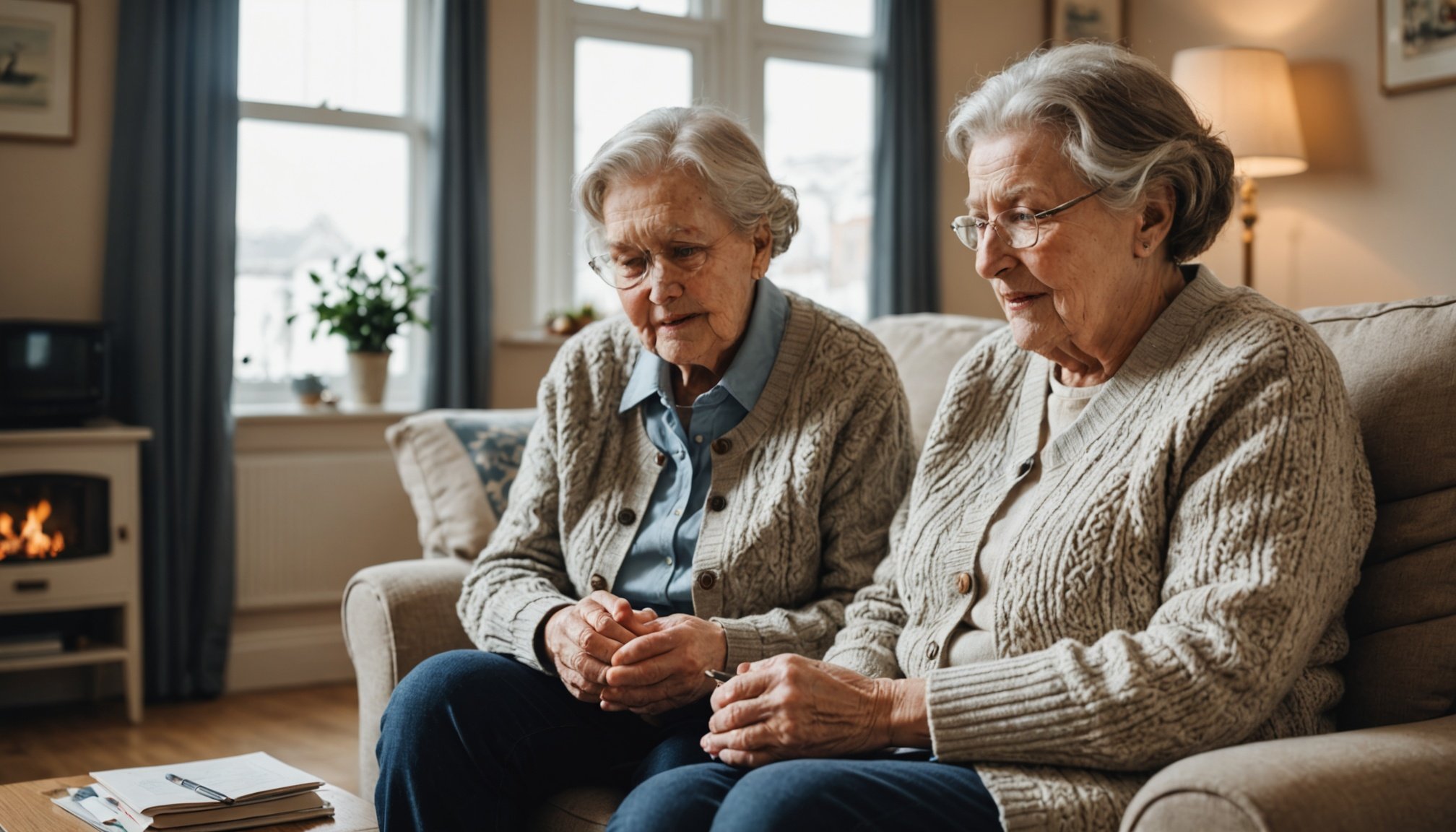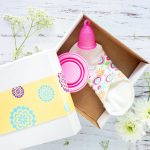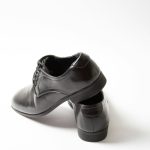As winter approaches, ensuring the comfort of elderly residents becomes a priority. With fluctuating temperatures and rising energy costs, simple home adjustments can make a significant difference. Smart technology offers innovative solutions that create warmth while optimising energy use. This guide explores essential changes that enhance safety and comfort for senior residents, combining practicality with care. Make every home feel like a warm haven this winter season.
Understanding the Importance of Warmth for the Elderly
Warmth for the elderly is crucial, especially during winter months when health risks are heightened. Cold temperatures can pose significant challenges, leading to various winter health risks. Older adults are more susceptible to hypothermia and other cold-related conditions due to reduced metabolic rate and slower circulation. Ensuring a warm home environment becomes vital in mitigating these risks.
Also to see : Top Strategies for Effectively Managing Chronic Kidney Disease in Older Adults
Maintaining a consistent temperature indoors not only helps in preventing physical ailments but also addresses the comfort needs of the elderly. A warm and cozy home can alleviate joint pain and stiffness, which are common issues among older individuals. Moreover, it reduces the strain on the immune system, helping to ward off illnesses like colds and flu.
Beyond physical health, warmth has profound psychological benefits. A comfortably warm environment can enhance mood, reduce stress, and promote a sense of security and well-being. This is essential for the elderly, who may experience loneliness or anxiety, particularly during the colder months. By prioritising warmth, caregivers and family members can ensure that the elderly enjoy both physical comfort and emotional peace.
Topic to read : Essential Eye Exam Schedule for Seniors: Monitoring for Glaucoma Effectively
Home Insulation Techniques
Proper home insulation is essential for maintaining warmth and ensuring energy efficiency during cold weather, especially for the elderly. Effective insulation reduces heat loss, keeping homes warmer and more comfortable. This is particularly important for older adults who are more vulnerable to temperature fluctuations.
Types of Insulation Materials
Several insulation materials are suitable for winter, each offering unique benefits. Fibreglass insulation is popular due to its affordability and effectiveness in trapping heat. Foam boards provide excellent thermal resistance and are ideal for areas with limited space. Cellulose insulation, made from recycled paper, is an eco-friendly option that offers good thermal performance.
DIY Insulation Tips
For those interested in DIY solutions, consider sealing gaps around windows and doors with weatherstripping or caulking. Adding thermal curtains can also help retain heat. Insulating the attic with loose-fill or batt insulation can significantly reduce heat loss.
Professional Services
Hiring professional insulation services ensures comprehensive coverage and expert installation. Professionals can assess the home's specific needs and recommend the most efficient materials and techniques. This not only enhances warmth but also improves overall energy efficiency, leading to cost savings on heating bills. By investing in proper insulation, caregivers can provide a safer, more comfortable environment for the elderly.
Upgrading Heating Systems
Upgrading heating systems is essential for ensuring optimal warmth and comfort for the elderly, especially during colder months. Evaluating the current heating setup is the first step in determining its effectiveness. Older systems may not provide consistent heat or could be costly to run, leading to discomfort and higher energy bills.
Exploring energy-efficient heaters offers numerous advantages. These systems not only reduce energy consumption but also maintain a consistent indoor temperature, crucial for elderly comfort. Modern options like heat pumps and radiant floor heating offer superior efficiency and can significantly lower heating costs over time.
When considering upgrades, it's beneficial to explore central heating solutions. Central systems distribute heat evenly throughout the home, ensuring every room remains warm. Additionally, integrating smart thermostats can enhance control over heating schedules, optimizing energy use while maintaining comfort.
For those seeking recommendations, consider options such as condensing boilers or electric heat pumps. These are known for their efficiency and reliability. Consulting with a professional can provide tailored advice, ensuring the heating system meets the specific needs of the elderly while promoting energy efficiency and cost savings.
Implementing Smart Home Technology
Incorporating smart home technology can significantly enhance the living conditions for elderly residents by optimizing warmth and comfort. Smart thermostats are a key component, allowing precise control over home temperatures. These devices learn the user's schedule, automatically adjusting settings to maintain a consistent, comfortable environment. This not only ensures warmth but also promotes energy efficiency, reducing heating costs.
Beyond thermostats, other smart devices contribute to a cozy home. Home automation systems can integrate with heating systems, enabling remote control via smartphones or voice commands. This is particularly beneficial for the elderly, who may find it challenging to manually adjust settings.
Additional smart gadgets, such as smart blinds and smart lighting, can further enhance warmth. Smart blinds can be programmed to open during sunny hours, maximizing natural heat, while smart lighting can create a warm ambiance, boosting mood and comfort.
Implementing these technologies provides a safer, more comfortable living environment for the elderly. By automating routine tasks and optimizing home conditions, smart home technology offers a practical and efficient solution to maintaining warmth and well-being.
Energy-Saving Practices
Balancing warmth with energy costs during winter can be challenging, but implementing energy-saving tips can make a significant difference. Start by ensuring your heating system is efficient; regular maintenance can prevent energy waste. Lowering the thermostat by just a degree or two can lead to substantial winter savings without sacrificing comfort.
Consider using cost-effective heating methods like space heaters in frequently used rooms, and close off unused areas to conserve heat. Thermal curtains and draft stoppers are simple additions that prevent heat loss through windows and doors.
To further reduce energy consumption, explore government programs or grants available for energy efficiency upgrades. These initiatives often provide financial assistance or incentives for installing energy-efficient appliances or improving home insulation. This not only lowers energy bills but also enhances the warmth and comfort of the home.
Additionally, adopting habits like wearing layers indoors and using blankets can help maintain personal warmth without over-relying on heating systems. By combining these practices, you can achieve a warm, comfortable home environment that is both energy-efficient and budget-friendly during the colder months.
Addressing Safety Concerns
Ensuring safety for elderly residents during winter is crucial, as they face unique challenges. Winter hazards such as icy walkways, slippery floors, and cold-induced illnesses pose significant risks. It's vital to implement measures that enhance home safety and prevent accidents.
One effective strategy is to regularly check and maintain heating systems to prevent malfunctions that could lead to cold exposure. Installing non-slip mats in frequently used areas, especially bathrooms and kitchens, can significantly reduce the risk of falls. Additionally, ensuring that pathways are clear of ice and snow is essential for preventing outdoor accidents.
Regular safety assessments of the home environment can identify potential hazards before they become serious issues. This includes checking for proper insulation, ensuring smoke and carbon monoxide detectors are functional, and verifying that emergency contact information is easily accessible.
Moreover, encouraging the elderly to wear appropriate winter clothing, like non-slip shoes and warm layers, can further protect against the cold. By prioritising these safety measures, caregivers and family members can create a safer living environment, reducing the risk of injuries and enhancing overall well-being during the colder months.
Health Impacts of Cold Weather
Cold weather presents unique challenges that can significantly affect elderly health. Among the most serious health impacts are conditions like hypothermia, frostbite, and increased risk of heart problems. Cold weather effects can exacerbate existing health issues, such as arthritis and respiratory conditions, making daily activities more challenging for older adults.
Recognising the signs of hypothermia is crucial for timely intervention. Symptoms include shivering, confusion, exhaustion, and slurred speech. If these signs are present, it's important to seek medical assistance immediately. Hypothermia can occur even indoors if the home isn't adequately heated, highlighting the need for vigilant monitoring.
Regular health checks become particularly important during winter months. These checks can help identify any cold weather-related health issues early, ensuring prompt treatment. Monitoring blood pressure, heart rate, and respiratory function can provide insights into how the cold is affecting the body.
Preventative measures, such as wearing appropriate clothing and maintaining a warm home environment, are essential in mitigating these health risks. By understanding the potential health impacts of cold weather, caregivers and family members can better protect the elderly, ensuring their well-being throughout the winter season.
UK Regulations and Guidelines
Navigating UK housing regulations is crucial for ensuring the safety and comfort of elderly residents. These regulations establish elderly housing standards that focus on maintaining adequate warmth and safety. The Housing Health and Safety Rating System (HHSRS) is a key framework, assessing potential risks in homes, including those related to heating and insulation.
Government guidelines emphasize the importance of proper insulation and heating systems in elderly homes. These standards require that homes maintain a minimum temperature to prevent cold-related health issues. Ensuring compliance with these guidelines helps in creating a safe living environment that meets the specific needs of older adults.
For caregivers and family members, understanding these regulations can be challenging. Fortunately, resources are available to aid in compliance. Local councils often provide information and support, helping families navigate the complexities of housing standards. Additionally, organisations like Age UK offer guidance and advice on maintaining housing that adheres to government guidelines.
By adhering to UK housing regulations, families can ensure that elderly residents live in environments that are not only warm and comfortable but also aligned with national safety standards.
Community Resources and Support
Ensuring elderly warmth during winter often requires tapping into various community support systems. Numerous local resources are dedicated to assisting the elderly, particularly in maintaining a warm and safe home environment.
Local organisations play a pivotal role in providing support. Many offer programs specifically designed for elderly assistance, focusing on home modifications and heating solutions. These organisations often provide materials or volunteer services to help improve home insulation, install energy-efficient heating systems, or simply check on the elderly during colder months.
Community programs are invaluable for those needing home modifications or heating assistance. Some initiatives provide grants or low-interest loans to help cover the costs of necessary upgrades. Others might offer free services, such as installing weather stripping or providing thermal curtains, which can significantly enhance warmth.
Accessing government resources for elderly care during winter is also crucial. Many governments have dedicated programs to support the elderly, offering financial aid or subsidies for heating costs. Information on these resources is often available through local councils or online platforms, making it easier for families to secure the necessary support for their elderly loved ones.
















